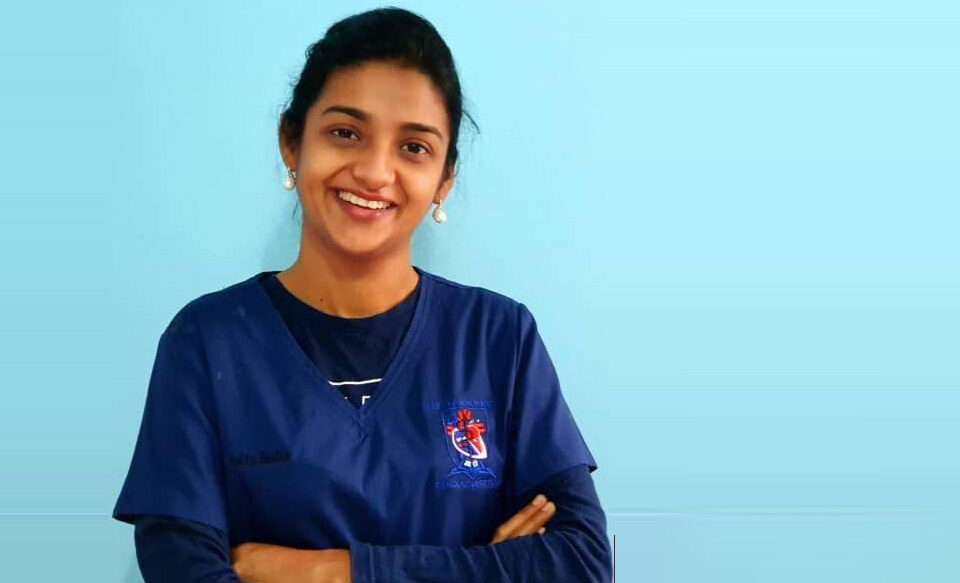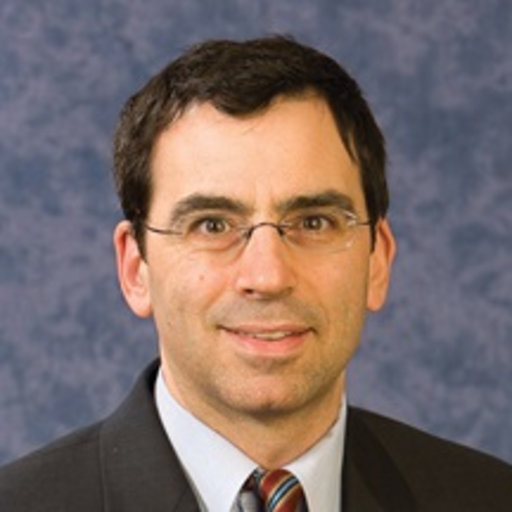
We have good news to report about a KCMC patient, Sarah – a young adult who was treated recently for heart damage caused by rheumatic heart disease (RHD). (We have changed her name here for privacy.) Like many children in Tanzania and across Africa, she did not receive timely treatment with antibiotics when she had strep throat as a child. An estimated 2-5% of children with untreated strep throat develop RHD, an inflammation of the heart that can lead over time to a damaged heart valve, and heart failure.
Although Sarah had heart damage for many years, she was only seen by doctors at KCMC starting in 2019. The damage had progressed. She was tired, had to rest frequently, and experienced shortness of breath.
Many Tanzanian patients wait until their symptoms are severe before going to a doctor. We expect that will improve when local cardiac care is more easily available.
KCMC doctors were managing Sarah’s symptoms with medication, but it wasn’t until KCMC was able to purchase a new echo machine in 2019 that they could do a detailed exam. (An echocardiogram or “echo” is an ultrasound used to examine the structure and functioning of the heart for abnormalities and disease.)
Dr. Smita Bhalia was able to view Sarah’s echo results. She is a cardiologist from JKCI, Tanzania’s only comprehensive cardiac center, located 500+ km away from KCMC in Dar es Salaam. She visits KCMC every 3 months to train KCMC physicians on echo and cardiology, as part of a JKCI-KCMC collaboration to build capacity initiated by Dr Peter Kisenge Director of JKCI. She also sees some of KCMC’s cardiac patients. She was able to confirm the diagnosis: heart failure due to RHD. She discussed with Sarah the idea of her traveling to Dar es Salaam for treatment.
Sarah was reluctant to travel. She didn’t have the funds and wasn’t sure she could find a relative who would be able to travel with her. But at the same time, she was finding it difficult to perform day to day tasks, which included carrying 20 kg (about 44 lbs.) of water for cooking and other daily needs. Sarah was discouraged, and ready to give up.
Doctors at KCMC were worried, as Sarah’s symptoms grew even more serious. They consulted urgently via zoom with Dr. Carmelo Panetta, an interventional cardiologist in Minneapolis who is a medical volunteer for FCCA, and has been supporting KCMC over many months now, consulting on cases remotely. Dr. Panetta was able to see the echocardiogram report over zoom and they discussed Sarah’s options.
By a stroke of luck, Dr. Panetta knew of another Minneapolis-based interventional cardiologist, Dr. Ron Johannsen, who was traveling soon to Eldoret, Kenya to train a team there on performing cardiac interventions. Dr. Panetta contacted him. Dr. Johannsen said he could fit Sarah into their schedule if she could get to Kenya.
With quick work to arrange for her travel, and the generosity of an anonymous donor to cover the expenses, Sarah and a family member undertook a 12-hour journey via bus and car from Moshi, Tanzania to Eldoret, Kenya – a tiring journey for anyone, but extremely hard for Sarah. When she arrived, she had to go directly to the intensive care unit of the hospital to stabilize before she could undergo the procedure.
Sarah was lucky that she did not require open heart surgery. The cardiac team in Kenya was able to do a mitral valvoplasty to open her mitral heart valve which had become narrow and stiff due to RHD. The procedure was done in a cath lab, as a minimally invasive treatment using a catheter inserted through her leg to her heart, delivering a balloon to open the narrowed valve. Sarah was able to return home 2 days later and is now feeling much better.
We celebrate this success. But we also know there are many other children and young adults in Northern Tanzania who will not get this chance for a new life unless we are successful in setting up a cardiovascular center at KCMC so many more can be treated. KCMC needs a team of cardiac specialists, and the equipment and supplies needed to treat their own people.
A team of physicians from KCMC is in India training now as cardiac specialists. Help us create the space to enable them to practice when they return.
Please support this work. It transforms lives!

